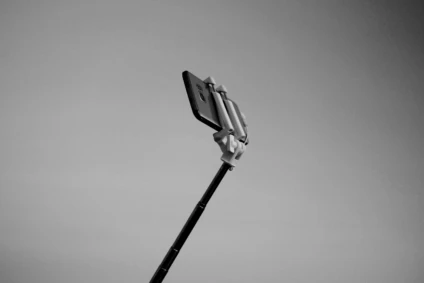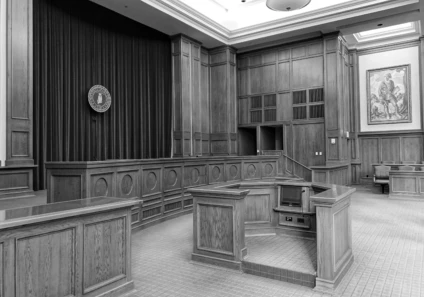Charli XCX’s 2024 release Brat proved itself an IP heavyweight, bringing with it — songs aside — a ‘new’ colour, a ‘new’ — and quickly trademarked — use of the word ‘brat’, and a once-ubiquitous TikTok dance.
Kelley Heyer — a TikToker and choreographer — created a fifteen-second-or-so dance to a verse of Charli XCX’s song ‘Apple’ that was quickly viralised and performed by thousands (and thousands) of fellow TikTokers, the videos of which were shared millions of times. In a decidedly modern turn of events, the BBC recently reported that Kelley Heyer had settled a lawsuit with Roblox — an online gaming platform — for copyright infringement on the basis that Roblox’s avatars could perform Heyer’s choreography without her permission.
Heyer’s legal team argued that Roblox made £93,000 selling the dance as an emote to players and that Heyer was not compensated for its use. In contrast, Roblox said that Heyer had agreed to license the dance to them for £6,700. Though the case has been settled amicably, it raises some interesting questions about what ‘artistic’ works are and aren’t protected by copyright law — this was covered in an analysis by the University of British Columbia. Interestingly, the case is also emblematic of a synthesis between the fast-cycling meme-economy and an increasingly competitive, commercial-minded, and IP-savvy world — if there’s IP to be protected, there’s usually money to be made.
In 2024, ‘Hawk-Tuah Girl’ Hailey Welch found Internet fame with her now-infamous (onomatopoeic) coinage. This prompted a host of third parties to file trade marks for ‘Hawk Tuah’ in a variety of classes, thus enabling them to potentially cash in on the use of Welch’s viral phrase. More recently, Italian actor Raoul Bova achieved virality when leaked voice-notes exposing his infidelity were memeified by Italian social media. In the recordings, Bova describes his lover as having ‘occhi spaccanti’, a neologism that uses roughly translates to ‘piercing eyes’. Amid the Internet furore, Bova filed the trade mark ‘OCCHI SPICCANTI’ across a broad range of goods and services. While Bova’s motivation for filing the application is unclear, the registering of the mark might prevent third parties from capitalising on the viral moment — even if Bova, himself, decides not to drop some ‘OCCHI SPICCANTI’ emblazoned tote bags…
While Peaches Monroee, creator of the 2014 viral phrase ‘On Fleek’, might have missed out on the commercial exploitation of her 15-minutes of fame, those who find themselves in the Internet’s spotlight today appear to be increasingly aware of the utility in protecting the IP that made them (in)famous, and the commercial opportunities it presents. That said, some opportunities are still missed. Earlier this year, TikTok user @eZburger401 created the meme character Tralalero Tralala — a absurdist four-legged shark in blue trainers. Shortly afterwards, user @amoamimandy posted a video with the same character, which amassed over 7 million views. Over the next few months, a robust meme-based ecosystem evolved (known as ‘Italian Brainrot’) and various iterations of Tralalero Tralala were created alongside a host of side characters. Today, a quick search of Amazon finds over 1,000 different items related to the character are sold by a host of third parties — from clothing to plushies, from action figures to card games.
While moving to quickly protect the IP of one’s viral moment might take the fun and whimsy out of it all, the Internet age allows for these viral moments to be quickly monetized, either by the moment’s protagonist or by various third parties seeking to make an equally ephemeral buck. As the Internet becomes an important source of creation — even if those creations are simply sentient cups of coffee, those that make online content should keep a keen eye on the commercial opportunities of their IP — in particular, licensing — and play as close attention as creators in more traditional arenas do.
That said, protecting and capitalising on IP that might go viral is a different beast to a protecting a more considered, traditional brand or creative work. Given that trade mark registration can take many months and that virality is both unpredictable and quick moving, decisions need to be made extremely quickly and there is the risk that the eventual protection of the IP might ‘miss the boat’ — viral moments burn bright, but fast. Considering this, the exploitation of automatic rights, like copyright in the UK and the EU, and rights that are quicker to acquire — for instance, design rights in the UK are registered upon application — might prove a more fruitful avenue for quickly protecting IP that finds itself under the Internet’s spotlight.









